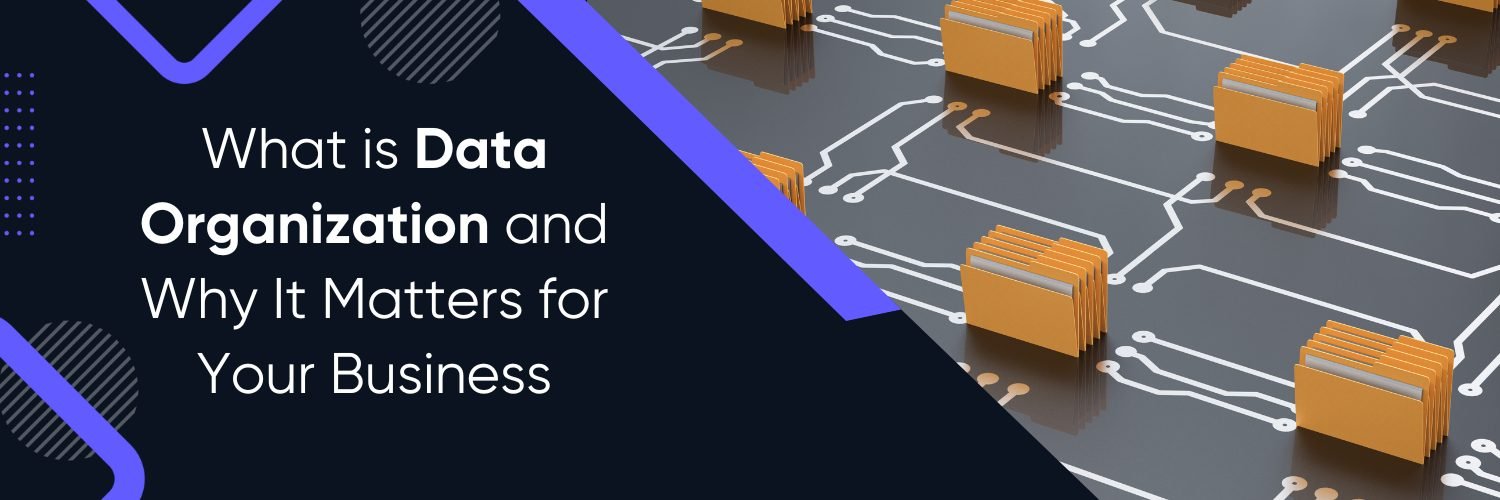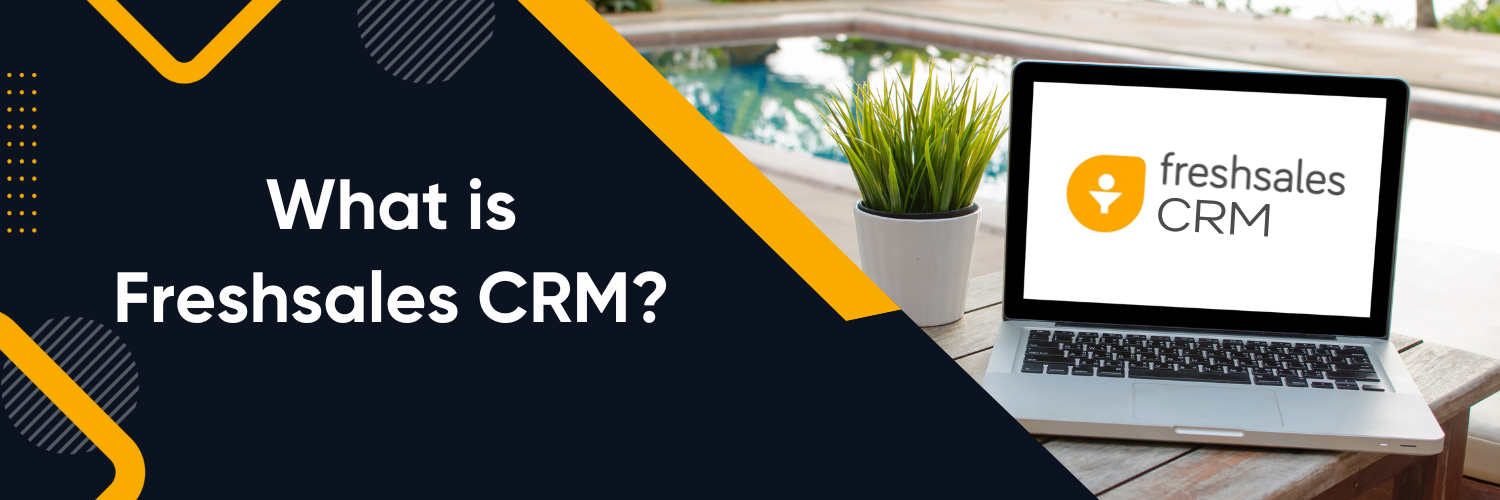Are you struggling to find the information you need when you need it? Many of us dread organizing data, but nowadays, it’s more crucial than ever. We’ll look at what data organization is and why it’s vital for businesses facing real-life challenges. Let’s get started.
What is Data Organization?
Data organization is arranging information through sorting and storing and finding data in a way that helps you work smarter and make better decisions.
Why You Need to Organize Your Data?
Here are reasons why you need to organize your company’s data:
- Enhanced Decision-Making: Well-organized data helps you make better decisions faster by giving you the right insights when you need them.
- Improved Productivity: Organized data saves time and resources by making workflows smoother and searches quicker.
- Data Accuracy and Consistency: Proper organization minimizes errors and ensures your data is trustworthy and consistent.
- Scalability and Growth: Organizing data early on sets you up to grow smoothly without getting overwhelmed by increasing data.
5 Ways to Organize Your Data
Here are the effective ways to organize your data:
- Folder Structures: Organize your files into folders and subfolders based on what they’re about to keep everything neat and easy to find.
- Database Management: Use database systems to handle lots of data efficiently, making it easy to find and understand.
- Data Classification: Sort your data by how important or sensitive it is, which helps keep it safe and follow rules like GDPR or CCPA.
- Automation Tools: Let tools do repetitive tasks for you, like entering data or checking it for mistakes, to save time and make fewer errors.
- Customer Relationship Management (CRM): Use a CRM system like HubSpot to keep track of all your customer info in one place, so you can give them better service and targeted marketing.
Why Use CRM for Better Data Organization?
- Centralized Company’s Data: A decentralized company’s data is outdated and unreliable. A CRM provides a full, accurate record of a prospect’s history with one click.
- Improved Communication: With a CRM, salespeople always know who has already spoken to the prospect and what to cover during a call. The information is all in the system.
- Simplified Management: CRMs standardize how reps track activities and prospect interactions which helps managers better lead their teams and organize the company’s data.
- Sustainable Growth: Manually tracking interaction for five customers may be feasible. But what about 50 or even 500 customers? Investing in a CRM early limits pain as businesses scale.
When it comes to CRM software, HubSpot stands out as a comprehensive and user-friendly solution. If you want to learn more about HubSpot services, consider Ubique Digital Solutions. We are a Platinum HubSpot partner that primarily focuses on HubSpot implementation and helping businesses get the most out of their HubSpot investment. Reach out to us now.
FAQs
Q: What is an example of organizational data?
Organizational data refers to any information that a business collects, manages, and uses to operate effectively. Examples include customer records, sales reports, inventory lists, and employee schedules.
Q: What are the three types of organizing data?
The three main types of organizing data are hierarchical, relational, and network. Hierarchical organizes data in a tree-like structure, relational organizes data into tables with relationships between them, and network organizes data using nodes and connections.
Q: How are organizations using data?
Organizations are using data in various ways to inform decision-making, improve efficiency, and drive growth. They analyze data to understand customer behavior, optimize operations, personalize marketing campaigns, and innovate products and services.












